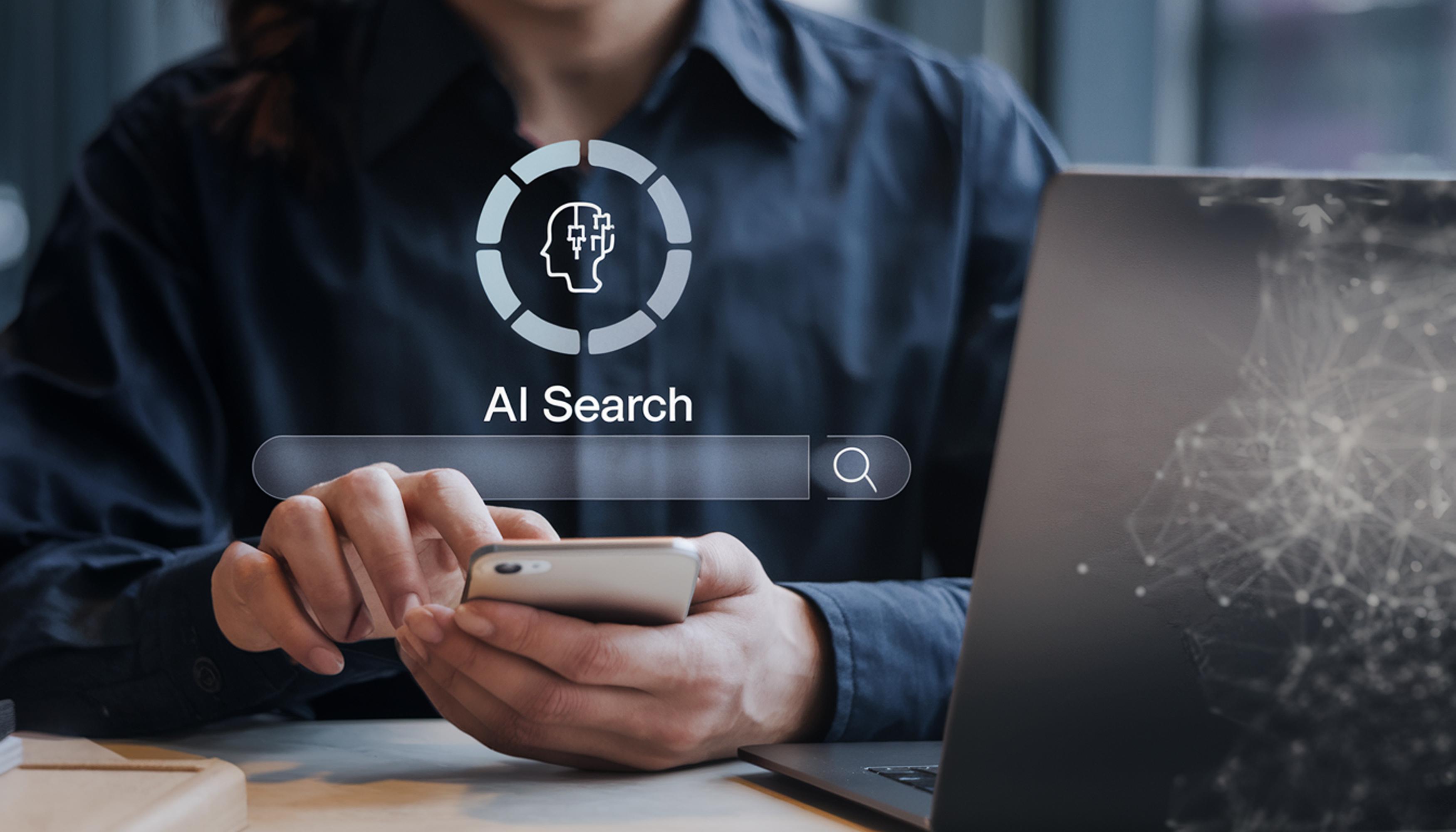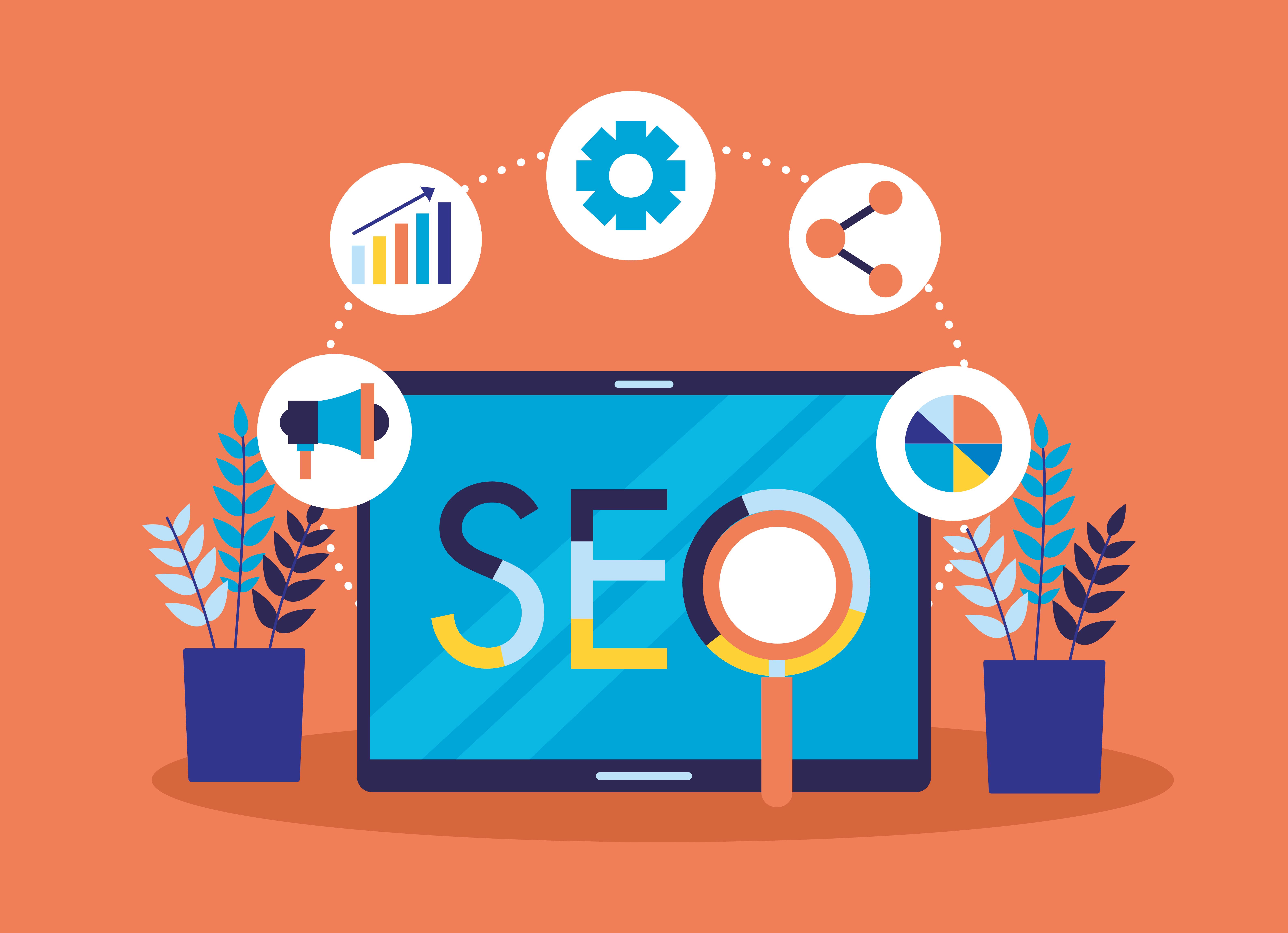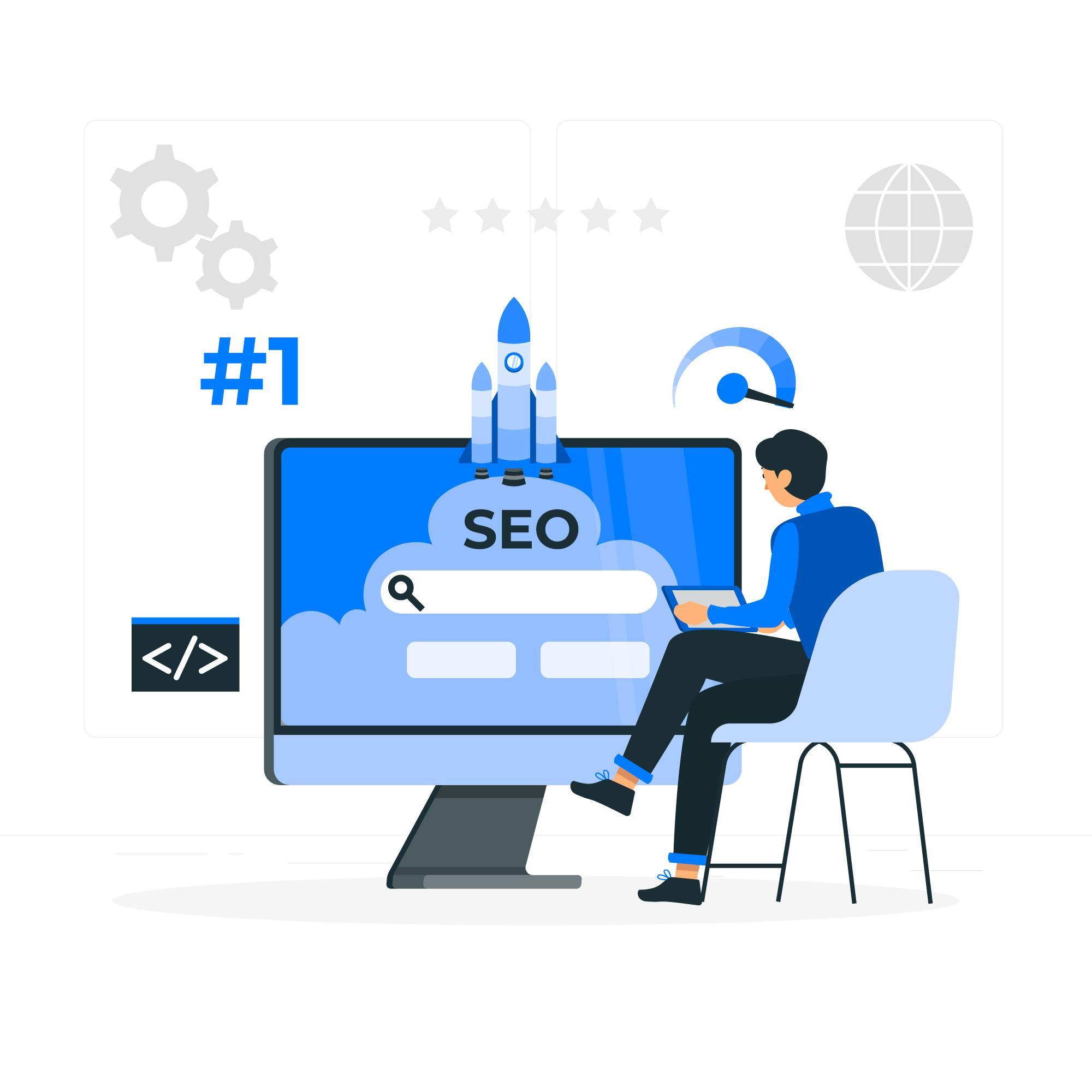Artificial Intelligence (AI) has transformed how we think about SEO. From how search engines understand content to how marketers plan, optimize, and track it , AI is now at the center of every smart SEO strategy.
Step 1: Understanding How AI Powers Modern Search
Search engines like Google now use machine learning to interpret search queries more like a human would. Instead of matching exact keywords, AI systems look at user intent , why someone is searching and what they hope to find.
For example, if someone searches “best running shoes for flat feet,” Google doesn’t just show pages with that phrase , it shows results that explain, compare, and recommend options, because AI understands the intent behind the words.
Internal Linking Idea: You can connect this concept to your On Page SEO section, explaining how optimizing for intent (not just keywords) improves rankings and user experience.
Step 2: Using AI Tools for Keyword and Topic Research
AI-driven platforms like Ahrefs, SEMrush, SurferSEO, and ChatGPT help uncover topic clusters, related keywords, and questions people frequently ask. These insights help you create content that’s not only keyword-rich but contextually complete.
Instead of guessing what users want, AI tools analyze real-time data from millions of searches, helping you plan content that aligns with how people think and search.
Pro tip: Combine AI keyword tools with human creativity. Use the data to guide your structure but write in a tone that connects emotionally , something AI can’t replicate.
Step 3: AI for Content Optimization
AI can now evaluate your content and tell you how to make it more relevant. Tools like Clearscope, Frase, or SurferSEO analyze top-ranking pages and recommend keyword density, word count, readability level, and topic coverage. This helps you:
- Improve clarity and depth.
- Add missing related terms.
- Ensure your page matches search intent.
Step 4: Predicting Trends and Personalizing Content
AI helps marketers forecast what’s coming next. Using predictive analytics, you can identify rising search trends and create content before your competitors do.
AI also enables personalized content delivery. Search engines track user behavior , clicks, dwell time, and browsing patterns , to display results that match each user’s preferences.
Example: If your website offers both “SEO for beginners” and “advanced SEO tools,” Google may show different pages to different users depending on their previous searches. This means your On Page SEO and Off Page SEO must work hand-in-hand to ensure consistency in content, credibility, and user trust.
Step 5: Automating SEO Analysis and Reporting
AI doesn’t just help with strategy , it simplifies tracking too. Tools like Google Analytics 4, MarketMuse, or ContentKing use AI to monitor rankings, crawl issues, and engagement metrics automatically.
They detect changes in your traffic, flag technical issues, and even suggest improvements , saving you hours of manual work.
For example, AI-based tracking connects directly to your Tracking and Measuring SEO Success process, giving real-time insights into how your content performs after optimization.
The Balance Between AI and Human Creativity
While AI is revolutionizing SEO, it should never replace human creativity. AI helps you analyze data, predict intent, and structure your content , but your human touch brings storytelling, empathy, and brand personality.
The best SEO strategies blend the precision of AI with the authenticity of people. Machines can rank your pages, but only humans can make them memorable.



